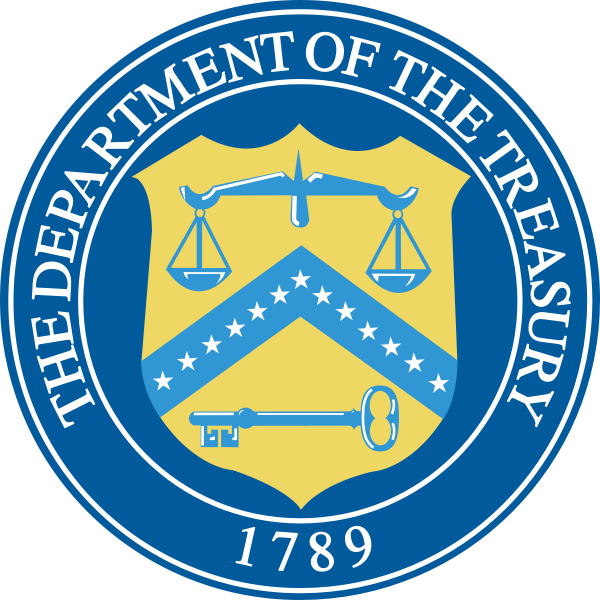
An annual "terrorist assets report" released by the U.S. Treasury Department last week says that the United States froze $253.1 million in Cuban funds in 2012. The number included assets in which either the Cuban government or a Cuban national had financial interest, according to the report, as the United States' sanctions against Cuba target not just the Cuban government, but also its nationals.
The figure of $253.1 million was up from $245 million in 2011, but still far below the $1.9 billion in frozen assets from Iran, which came in number one on the list of countries deemed state sponsors of terror.
The United States' sanctions programs against Cuba block all property and interests in property in the United States or in the possession and control of a U.S. person -- or people subject to U.S. jurisdiction. The report says that the number includes six blocked properties owned by Cuba in New York and Washington, D.C., and noted that some of Cuba's assets might be owned by third parties.
RELATED: Raul Castro Turns 82; Four Facts About His Heir
RELATED: In Havana Peace Talks, Colombia and FARC Reach Agreement
RELATED: Yoani Sanchez Returns To Cuba: What's Next?
According to Café Fuerte, a Miami-based website on Cuban news, Cuba does not reveal the location nor the amount of money frozen by the United States out of fear that it will be awarded by American courts to American citizens who have raised suits against the Cuban government for seizure of property since the Revolution began in 1959. Suits that seek to draw compensation for these properties from the vaults of frozen assets have run into problems tracking down the assets in American banks. Only three main accounts of frozen Cuban funds is known: three with JP Morgan Chase Bank (formerly Chase Manhattan Bank), one with Banco Central de Cuba (formerly Banco Nacional de Cuba), and two with a Cuban telecommunications businesses. Cuba faces 5,911 claims on the part of corporations and individuals for seized property or goods which seek sums that could reach $7 billion.
Cuba has been part of the Treasury Department's state terror sponsors list since 1982. This year's report notes that the Cuban government last year reduced support for Basque separatists in Southern Europe, joined a regional group which blocks terrorism financing, and sponsored peace talks between Colombia and the FARC guerrillas. It also found "no indication that the Cuban government provided weapons or paramilitary training to terrorist groups", raising questions as to why the country remained on the list.
The Cuban government called its inclusion on the list a "shameful designation" and "discredited exercise" that remains in place to justify the U.S. embargo against the island nation. The foreign relations ministry released a statement on the matter that said it "seeks to please an increasingly small anti-Cuban group which wants to cling to supporting a policy which no longer has any support and which does not even represent the national interests of the United States, the majority of the United States population or Cuban immigrants residing in that country."
© 2025 Latin Times. All rights reserved. Do not reproduce without permission.




